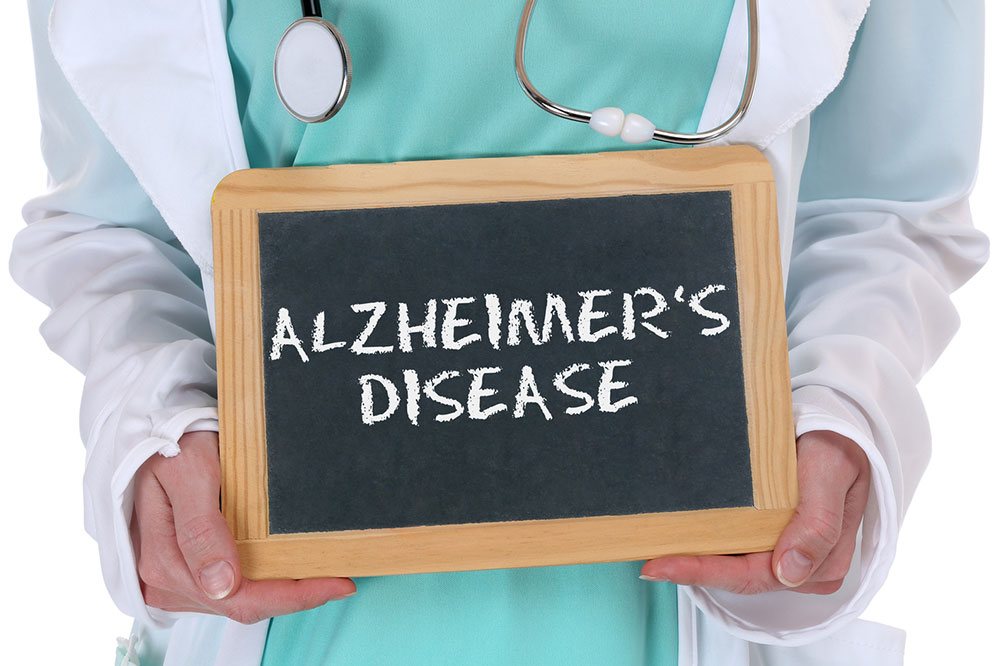The most common symptoms of Alzheimer’s
Alzheimer’s disease is a neurological condition that destroys brain cells. This leads to memory loss and various cognitive problems. Alzheimer’s symptoms progress slowly but worsen with time. Once the disease affects brain functions, the condition of patients keeps getting worse.
Signs and Symptoms of Alzheimer’s Disease
Alzheimer’s disease disrupts brain function and affects memory. Alzheimer’s symptoms are not reversible or treatable.
Every person with Alzheimer’s disease may experience one or many of the below-listed symptoms differently.

• Memory loss: The most common of all Alzheimer’s symptoms is the loss of memory to an extent that it begins to affect a person’s everyday life. Due to memory loss, patients also begin to experience confusion. They may forget familiar routes, not remember important events and regularly begin to misplace things. They may also wander off at different times of the day to go find something or someone. Memory loss itself is not always the same. Patients may remember the information they forgot a few hours ago. The disorder especially affects short-term memory.
• Language problems: Another symptom of the disease is the problems with language skills. Alzheimer’s affects several cognitive functions. Stopping a conversation due to forgetting what they were talking about and not remembering words and names are some examples.
• Changes in behavior: Experiencing behavioral changes such as depression, fear, paranoia and anxiety is a characteristic Alzheimer’s symptom.
• Judgment impairment: Alzheimer’s symptoms almost always lead to poor or impaired judgment. Someone with the disease may handle money poorly, not care about basic grooming and hygiene and display inappropriate behavior. Some of these judgment problems concerning money (such as withholding payments) may stem from their increasing mistrust of people in general.
• Lack of interest: Due to memory loss, confusion and other Alzheimer’s symptoms, patients generally begin to lose interest in their hobbies, in meeting with family and socializing. Apathy may also be a result of patients feeling ashamed of their symptoms and thus they begin to withdraw from people. They might not feel motivated anymore and lose interest in life in general.
Some of the other Alzheimer’s symptoms that patients may experience are trouble with vision (different from age-related eye problems), declining motor skills, agitation, anger and loss of appetite.
Symptoms of Severe Alzheimer’s
When Alzheimer’s becomes severe, patients may also experience a few additional symptoms. People with the most severe stage of the disease, or as it is called late Alzheimer’s, may experience one or more of the following symptoms
• Problems with bowel and bladder control
• Extreme paranoia leading to hallucinations
• Weight loss
• Seizures
• Difficulty swallowing food
• Not able to express themselves at all
• Increasing confusion
• Skin infections
• Extreme mood swings
• Difficulty with mobility
It is possible to manage Alzheimer’s symptoms with timely diagnosis. If you see a family member struggle with early signs of the disease, help them see a doctor without delay. Timely diagnosis can help in maintaining a better quality of life for the patients.




